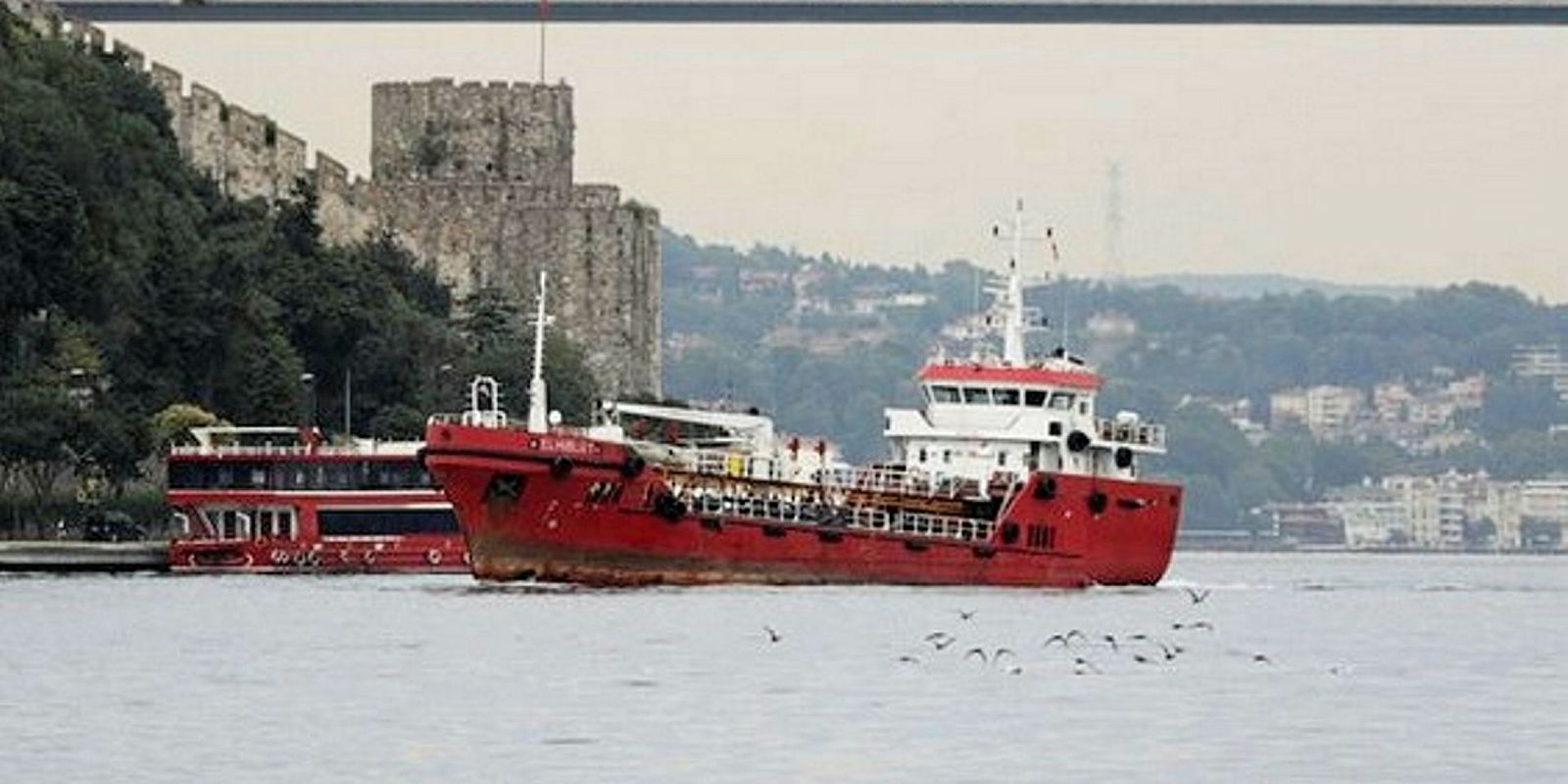Artificial intelligence and data-based modelling can enhance shipping business operations significantly, but they have their limits, says Windward chief executive Ami Daniel.
While data-based tools have enormous potential in mitigating risks and improving profitability, a company first needs to know what business tasks it wants to deal with and what goals it aims to achieve, according to Daniel, whose Tel Aviv maritime risk-analysis firm has expanded rapidly since its foundation in 2010.
“You can put anything in a model,” he says. “The question is: what you are trying to predict? Everything is technically possible ... Let’s say we are able to do that. Now what? How do you make more money, or save money?”
In his experience, even defining the problem is not easy. “It’s a broad industry. We have multiple types of players: brokers, shipping companies, insurance companies, charterers and traders. You have all kinds of them. Each one of them has slightly different requirements ... Getting there is a journey.”
There is limit to what modelling can do. For example, analytics will not help owners avoid the kind of “sabotage attacks” on four tankers off Fujairah in early May. “I don’t think there is an AI solution for the sabotage. This is a [matter of] physical security,” he says.
There has been growing interest from established maritime players in developing technological expertise, often via partnership with a start-up, or tapping into their services, seeking to harness the potential of digitalisation in enhancing business operations.
“Sometimes you work with companies [on] building expectation and delivering technologies. You need to understand what you cannot do. I prefer to over-deliver, not under-,” Daniel says.
“A lot of executives in [the] maritime space ... are excited about the opportunities coming. But sometimes they are frustrated by inflated expectation and under-deliveries, and by huge cultural challenges in implementation.
“It needs to start with ... ‘What’s the [business] problem to solve?’”





